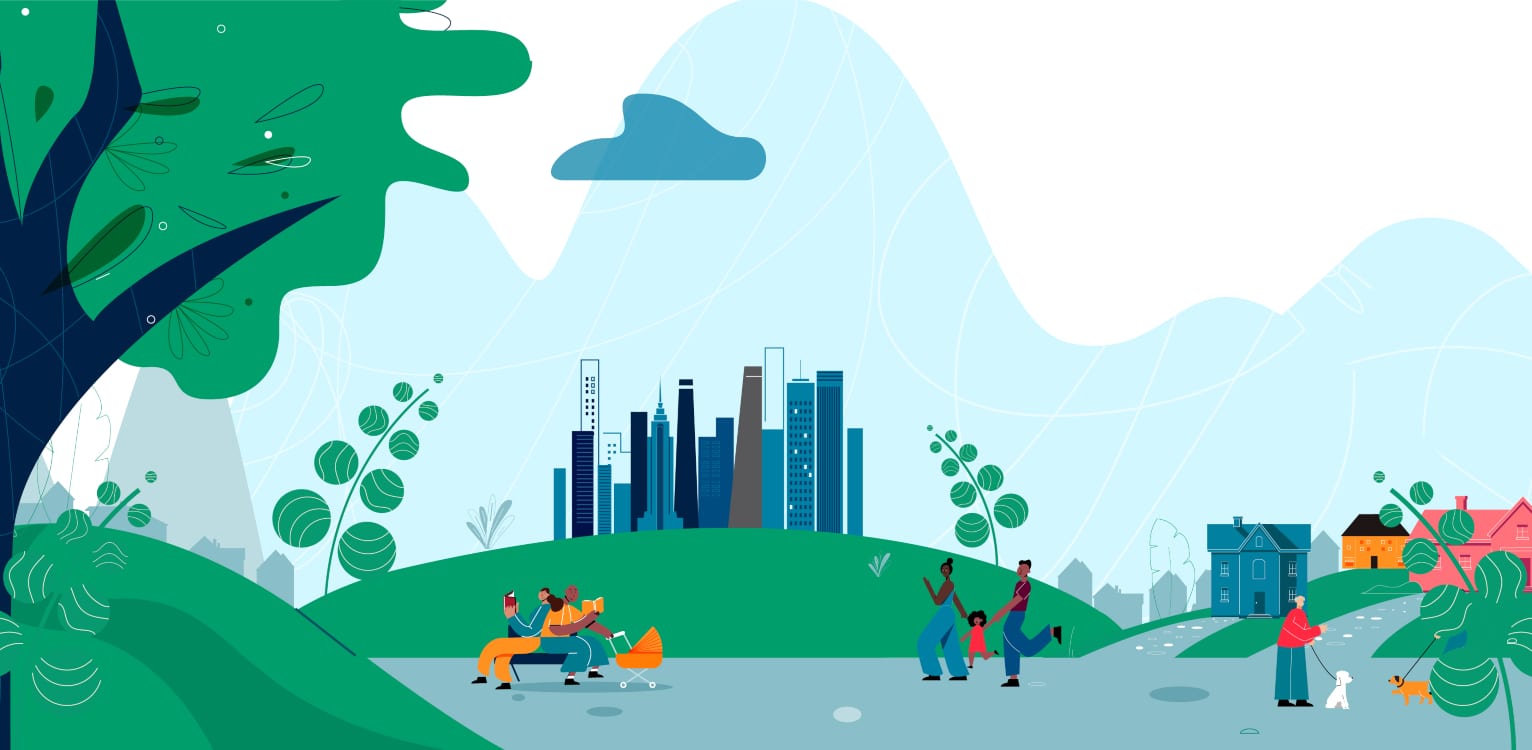Strategies for Inclusively and Equitably Building a Diverse TeamPart II: Collection of Demographic Data from Applicants
This is the second in a series of blog posts that explore Third Sector’s progress in evaluating and redesigning our recruitment practices with a diversity, equity, and inclusion lens.
Central to Third Sector’s role in the social services ecosystem is our commitment to diversity, equity, and inclusion. Before formally committing to using a diversity, equity, and inclusion lens to critically examine our culture, norms, and client-facing approaches, we had long recognized the importance of, and worked towards building, a more diverse team. In 2018, we wrote about our blind recruitment practices which were instituted as a first step toward deliberately redesigning the application and interview process to mitigate the effects of bias. Blind recruitment is centered on resume-blind screening practices that focus on demonstrated fit and relevant skills rather than the names - and accompanying biases of - past workplaces or educational institutions. We continue this practice in an effort to minimize potential biases during the application screening process once a candidate has applied for a role on our team.
While we think that blind recruitment has helped our initial screening practices become more equitable, our organization still lacks a level of diversity among our team members that is representative of this country’s demographics and that we aspire to attract and retain. As we would do in our client engagements, we sought to understand the baseline state: How diverse are the applicants that we currently attract? Where in the recruitment and interview process does the diversity of the candidate pool significantly change?
Our resume-blind screening process had veiled our ability to understand our initial pool of people interested in and applying for roles at Third Sector. Without the collection of basic applicant demographic information, we were not able to fully understand the makeup of our current candidate pool nor were we able to identify priority focus areas to address to bring more candidates of diverse backgrounds to our company.
To learn more about our applicants, we engaged with our recruitment partner, ReWork by Koya Leadership Partners, to begin asking four demographic questions defined by the U.S. Equal Employment Opportunity Commission (EEOC) of all applicants applying to our open roles. ReWork by Koya now asks the following demographic questions of all Third Sector candidates at the time of application and then de-identifies and aggregates the responses. Refusal to self-identify for one or more of the questions will not affect an applicant’s candidacy; EEOC data is not used as a factor in any interviewing or employment decisions.
The optional EEOC-defined questions posed to applicants are:
- Gender: Male, Female, decline to answer
- Race/Ethnicity: Hispanic or Latino; White, not Hispanic or Latino; Black or African-American, not Hispanic or Latino; Asian, not Hispanic or Latino; Native Hawaiian or Other Pacific Islander, not Hispanic or Latino; two or more races, not Hispanic or Latino; decline to answer
- Veteran Status: I identify as one or more of the classifications of protected veteran; I am not a protected veteran; I do not wish to answer
- Disability Status: Yes I have a disability (or previously had a disability); No I do not have a disability; I do not wish to answer
These exact questions and answer choices are defined by the Equal Employment Opportunity Commission for the purposes of reporting. We recognize and communicate to candidates that the available response options are limited in nature and may not fully represent them. Third Sector, as an organization, recognizes and embraces that there are many more identities that are not captured by the options in these questions. But by asking these questions, we are taking an initial step to inform our efforts to improve our hiring practices in 2019 and beyond.
Respondent data is only made available to Third Sector after an employment offer has been made and accepted, and all data is de-identified and aggregated. The original raw data is permanently deleted once the search is complete. As data is not being shared with Third Sector until after job offers are accepted, we ensure that it will not affect employment decisions and will instead only be used to retroactively understand the composition of the candidate pool and inform our future outreach and interview process strategies. Our intention is to use this baseline information to build a more diverse pipeline of candidates in an informed manner.
We are committed to expanding our pipeline of candidates through forging new community partnerships with groups that serve traditionally marginalized populations. Our broad recruitment goal is to not only get a wide variety of candidates to apply, but to also evaluate them in a way that highlights their skill sets and sees their lived experiences as an asset.
As a firm, recruitment has been one of the first processes that we have critically examined as a team specifically from a DEI standpoint. Our work requires a deep sense of empathy and the ability to truly listen and engage with stakeholders from across backgrounds and interests. By building a staff with unique lived experiences and broad perspectives and identities, we hope to foster a community of staff that engage meaningfully with each other on a day to day basis. Gaining a deeper understanding of our applicant pool and the ways in which applicants move through the interview process is another step towards ensuring we keep humans at the center of all of our work.

